What is silent reflux in babies?
.png?v=1673260798314)

Related products
Many parents are familiar with baby reflux – those milky spit-ups after a feed. But what happens when reflux symptoms occur without the obvious sign of spitting up? This is often referred to as silent reflux, or Laryngopharyngeal Reflux (LPR), and while common, it can be harder to spot, often causing discomfort for your little one.
Unlike typical gastro-oesophageal reflux (GOR), where milk comes back up and out, in silent reflux, the stomach contents travel up the oesophagus (food pipe), and are often swallowed back down, causing irritation.
Understanding this condition is the first step towards helping your baby feel more comfortable.
What Are the Signs of Silent Reflux?
Since the main clue of spitting up is missing, identifying silent reflux relies on observing other signs of discomfort or related issues. If your baby has silent reflux, you might notice they:
-
Appear unusually fussy, irritable, or unsettled, especially during or after feeds.
-
Cry excessively without an obvious reason.
-
Arch their back during or after feeding, seemingly in discomfort.
-
Have difficulty feeding – perhaps refusing feeds, gagging, choking, or pulling away from the breast or bottle.
-
Swallow frequently or appear to be gulping often.
-
Have disturbed sleep patterns, waking frequently or finding it hard to settle.
-
Develop a persistent cough or sound hoarse.
-
Experience wheezing or noisy breathing.
-
May struggle with weight gain due to feeding difficulties.
It's the pattern of these symptoms, particularly the link to feeding times and the absence of significant spitting up, that often points towards silent reflux.
Why Does Silent Reflux Happen in Babies?

Silent reflux, like typical reflux, usually happens because the muscular valve at the bottom of your baby's oesophagus (the lower esophageal sphincter) is still developing. This muscle is meant to keep stomach contents down, but if it relaxes inappropriately, milk and stomach acid can travel back up. Because babies have a shorter oesophagus and spend a lot of time lying down, this reflux is quite common in the early months.
Diagnosing Silent Reflux
Often, a diagnosis is based on the symptoms you describe to your health visitor or GP. They will consider your baby's feeding patterns, behaviour, and overall health. Keeping a diary of symptoms and feeding times can be helpful. In most cases, further tests aren't needed unless symptoms are severe or don't improve, potentially indicating Gastro-Oesophageal Reflux Disease (GORD).
Your GP or health visitor can provide tailored advice. If feeding adjustments are discussed, particularly for formula-fed babies, potential options might involve specialised formula & milk powder designed to help with reflux. Equally, discuss this with your healthcare provider before making changes. Click here to consult our health professionals.
Equally, if significant discomfort persists and overlaps with colic-like symptoms, your GP or pharmacist is the best point of contact to discuss if any over-the-counter remedies. Discover our colic medication ranges and read more about colic symptoms in "When to Use Colic Medication for Your Baby: A Complete Guide"
How Can I Help My Baby with Silent Reflux?

Not all cases require the use of drugs. The doctor may also be reluctant to use drugs if the baby's health is unsatisfactory. There are some options you can try at home. These include:
-
Feeding Position: Hold your baby in a more upright position during feeds.
-
After Feeds: Keep your baby held upright for a period after feeding (e.g., 20-30 minutes). Don't place the baby in the car seat or any other seat that doesn't allow the baby to slouch. Take care to carry the baby in an upright position when moving. Also, avoid placing them flat immediately.
-
Smaller, Frequent Feeds: Feed your baby after every 2-3 hours during awakening. Offering smaller amounts of milk more often can prevent their tummy from becoming too full, producing less forceful expulsions.
-
Offer solid foods: A baby is offered solid food after 4-6 months. However, if the baby is showing silent reflux symptoms, consult the paediatrician to add cereals, e.g., oatmeal, to your baby's food. This practice will reduce the risk of silent reflux by changing the consistency of the stomach contents.
-
Burping: Wind your baby regularly, both during breaks in the feed and afterwards. It would be better to do burping after every 1-2 ounces of food. As it is difficult to estimate the quantity during breastfeeding, you can try burping after 1-2 minutes.
-
Nappy Changes: Try changing your baby's nappy before a feed rather than afterwards to avoid pressure on their tummy. Shop from our range of baby diapers and nappies for options that suit your baby's needs.
-
Sleeping Position: Always place your baby to sleep flat on their back, as recommended to reduce the risk of SIDS. Do not raise the head of the cot or use pillows.
-
Dietary modifications: What you eat can also influence your baby. Trace amounts of nutrients and other things from your food, also reach the baby through breast milk. So, if you keep yourself away from some foods that aggravate the acidity, e.g., garlic, chocolate, dairy, eggs, dairy products, caffeine etc., it will also help your baby. Remove the acidic foods from your and your baby's diet, e.g., tomatoes, citrus etc. Also, don't include any food in the baby's diet that can aggravate the acidity.
Products to Help you with your Babies Discomfort
1. Hipp Anti Reflux Milk 800g

Hipp Anti Reflux Milk 800g is a specially formulated infant milk designed to alleviate and manage symptoms of reflux. This product offers parents a reliable solution for babies who frequently experience discomfort from regurgitation or spitting up, ensuring both comfort and nutritional balance.
2. Dentinox Colic Drops With Syringe 100ml

Dentinox Infant Colic Drops work by assisting with the release of trapped wind. This relieves stomach pain and indigestion. This medicine is safe to use from birth.
Babies produce gastric juices and acids when they feed. These acids can curdle milk, causing it to trap air bubbles and cause colic. The air bubbles may obstruct the natural movement of food through the digestive tract. The air bubbles are gently dispersed by Dentinox Colic Drops. The expelled air can then rise to the top of the baby's tummy, forming a satisfying burp.
3. Gaviscon Infant Sachets Pack of 30

A trusted solution designed to alleviate the symptoms of gastroesophageal reflux in infants. Each sachet contains 225mg sodium alginate and 87.5mg magnesium alginate, which work together to form a protective layer on top of the stomach contents.
This barrier prevents the acid reflux that often causes discomfort for babies. These sachets are essential for busy parents and caregivers, offering a mess-free solution that can be mixed with an infant's usual milk feed or water.
4. Ther-Biotic for Infants Powder

Ther-Biotic for Infants Powder is a hypoallergenic blend of 10 beneficial probiotics designed for new-borns, babies, and young children. It contains 10 beneficial probiotic species to support gut health and immune function. This gentle formula includes Bifidobacterium infantis, a key strain that helps maintain a healthy microbiome. It also helps ease common digestive issues like colic, reflux, and indigestion.
5. Infacol Suspension 55ml

Infacol Suspension 55ml is an over-the-counter medication used to relieve the symptoms of colic in babies and young children. Colic is a common condition that causes excessive crying and discomfort in babies, often due to trapped wind in their digestive system.
When Should I Seek Medical Advice?
While mild reflux is common, consult your GP or health visitor promptly if your baby:
-
Is regularly uncomfortable or distressed.
-
Has persistent feeding difficulties (refusing feeds, gagging/choking).
-
Is not gaining weight appropriately or is losing weight.
-
Has breathing difficulties (wheezing, persistent cough, pauses in breathing).
-
Has forceful or projectile vomiting.
-
Has blood in their spit-up or poo.
Looking Ahead

Silent reflux can be challenging, but remember that for most babies, it's a temporary phase related to their development. By recognising the signs and implementing simple management strategies, you can help keep your baby comfortable. Shop from our collection of baby and children's healthcare products for your complete baby's needs.
Equally, always reach out to your health visitor or GP if you have any concerns about your baby's health or feeding. Click here to consult our health professionals.



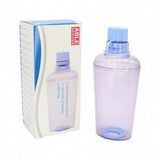
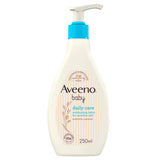
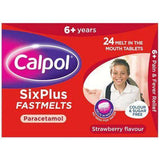
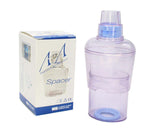
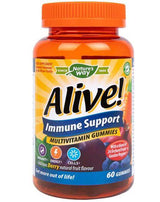
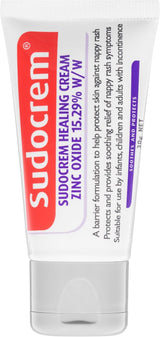
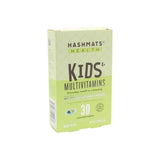

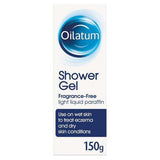
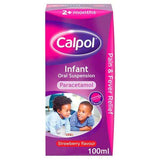


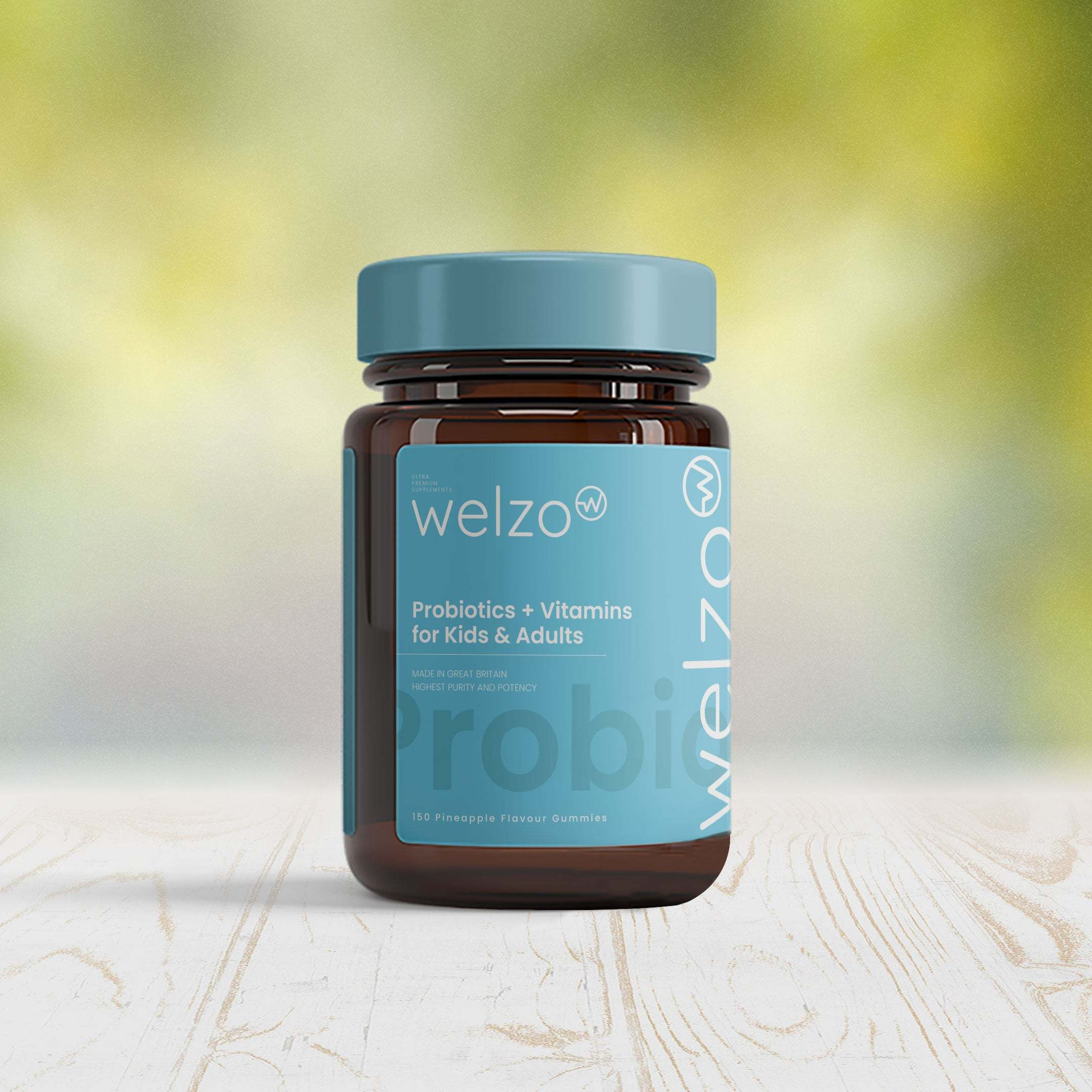



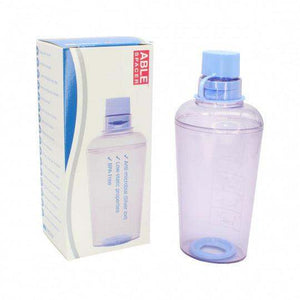

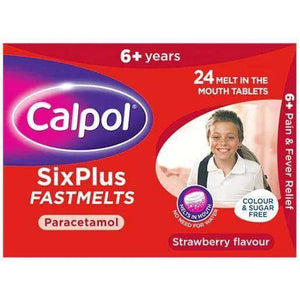
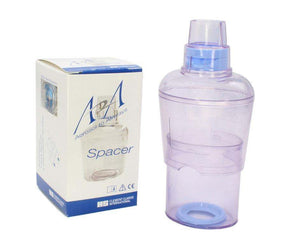
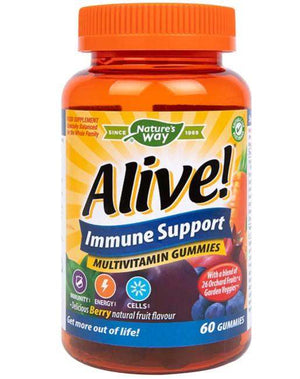
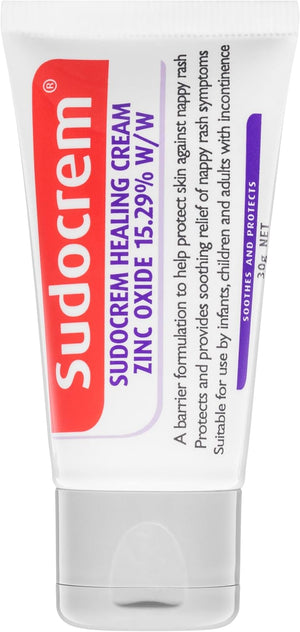
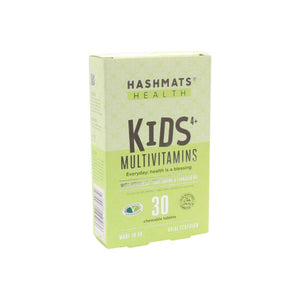









 Rated Excellent by 26,523+ Reviews
Rated Excellent by 26,523+ Reviews